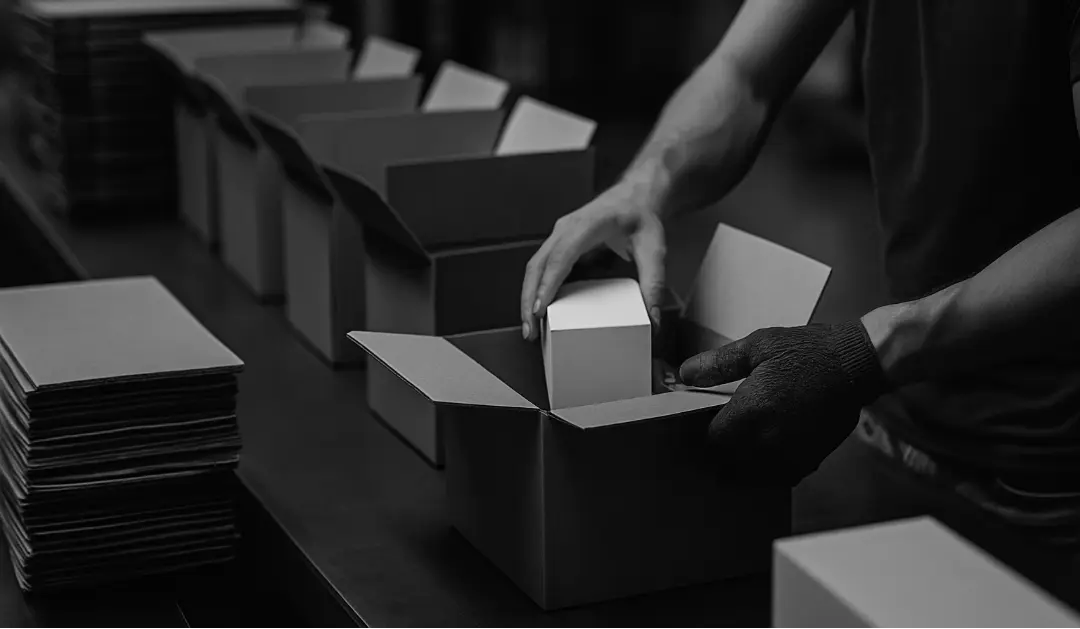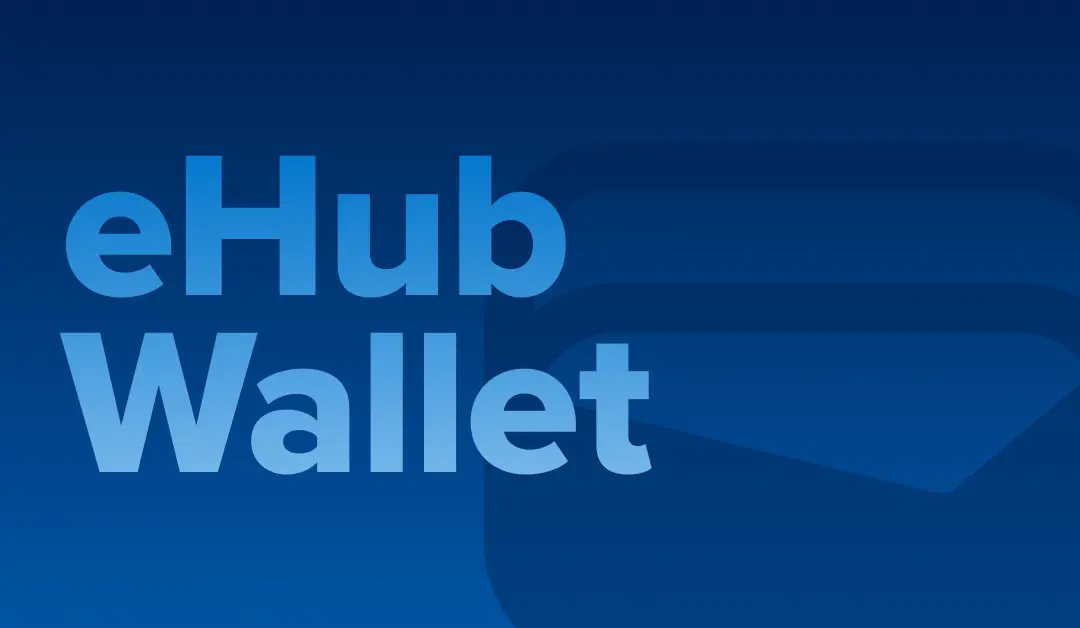Working with a third-party logistics (3PL) provider can be a game-changer for merchants looking to streamline their supply chain and focus on growing their business. However, for those who have never worked with a 3PL before, it can be daunting to know where to start. In this article, we’ll answer some of the most common questions merchants have when considering working with a 3PL.
How much does it cost to work with a 3PL?
The cost of working with a 3PL can vary widely depending on factors such as the size of your business, the complexity of your supply chain, and the specific services you require. Some 3PLs charge a flat fee for their services, while others charge based on the volume of orders they process or the storage space they require.
It’s important to carefully review a 3PL’s pricing structure to ensure it aligns with your business needs and budget. Some 3PLs offer a range of services that can be customized to meet your specific needs, while others may require you to sign a long-term contract.
Do 3PLs have monthly minimums?
Many 3PLs do have monthly minimums, which means that you’ll need to meet a specific volume of orders or storage space requirements each month to maintain your relationship with the provider. This can be a good thing, as it ensures you’re getting value from the service and encourages you to focus on growing your business.
However, it’s essential to carefully review the minimums required by any potential 3PL to ensure they are realistic and achievable for your business. If you’re starting out or are in a period of slow growth, you may want to look for a 3PL that has lower minimums or offers more flexibility in its pricing structure.
How much hand-holding will a 3PL give me?
The level of support you receive from a 3PL can vary widely depending on the provider and the specific services you require. Some 3PLs offer a high level of support, with dedicated account managers and frequent communication, while others take a more hands-off approach.
When evaluating a 3PL, it’s essential to understand how much support they offer and how responsive they are to your needs. Look for a provider that has a reputation for excellent customer service, and that is willing to work closely with you to understand your business and help you achieve your goals.
Is it better to have a 3PL closer to me or closer to my customers?
The answer to this question depends mainly on your business and supply chain requirements. If you need to receive products from suppliers quickly, it may be advantageous to work with a 3PL that is located close to your business. On the other hand, if you ship a large volume of products to customers in a specific region, it may make more sense to work with a 3PL that has a facility in that area.
Ultimately, the goal should be to find a 3PL that can provide the services you need at a competitive price, regardless of their location.
How automated are 3PLs? Will I have to do a lot of manual input on my end?
The level of automation offered by a 3PL can vary widely depending on the provider and the specific services you require. Some 3PLs use advanced technology to automate much of the order fulfillment process, while others rely on manual processes.
When evaluating a 3PL, it’s essential to understand how automated their processes are and how much manual input will be required on your end. Look for a provider that has invested in advanced technology and can offer a high level of automation to help streamline your supply chain.
Can a 3PL help me get a product through customs or act as the importer on file?
Yes, many 3PLs offer customs brokerage services and can act as the importer on record for your shipments. This can be a valuable service for merchants importing products from overseas and want to ensure that their shipments clear customs quickly and smoothly.
When evaluating a 3PL, it’s essential to understand their experience with customs brokerage and their ability to handle any issues that may arise during the import process. Look for a provider that has a proven track record of success in this area and that can provide references from other clients who have used their customs brokerage services.
How does insurance work with a 3PL? Do I need to have my own insurance on my products, or does their insurance cover everything?
Most 3PLs carry insurance to cover damage or loss of your products while they are in their care. However, the specific details of their insurance coverage can vary, so it’s essential to understand what is covered and what is not.
In many cases, it may be necessary for you to carry your own insurance to cover any potential gaps in the 3PL’s coverage. This can include things like product liability insurance, which can protect you if one of your products causes harm to a customer.
When evaluating a 3PL, be sure to ask about their insurance coverage and what types of insurance you may need to carry to ensure that your products are fully protected.
How long does it take to onboard with a 3PL?
The onboarding process with a 3PL can vary depending on the provider and the specific services you require. In general, however, you can expect the onboarding process to take several weeks to a few months.
During the onboarding process, you will typically work closely with your 3PL to provide them with the information they need to manage your supply chain effectively. This may include things like product information, order history, and shipping requirements.
When evaluating a 3PL, be sure to ask about their onboarding process and what you can expect regarding timelines and requirements.
If there are lost packages, who is responsible for finding them and working with the customer?
If a package is lost or damaged while in the care of a 3PL, the responsibility for finding and resolving the issue will typically fall on the 3PL. However, it’s essential to review the specific terms of your contract to understand what is covered and what is not.
When evaluating a 3PL, be sure to ask about their policies for lost or damaged packages and how they handle customer inquiries and complaints. Look for a provider with a proven track record of resolving issues quickly and efficiently.
What levels of shrinkage and accuracy are normal?
Shrinkage and accuracy levels can vary widely depending on various factors, including the specific industry you are in, the complexity of your supply chain, and the quality of your products.
In general, a well-run 3PL should be able to achieve accuracy levels of 99% or higher with low levels of shrinkage. However, it’s essential to review the specific performance metrics of any potential 3PL to ensure they meet your expectations.
When evaluating a 3PL, be sure to ask about their performance metrics and how they track and report on their performance. Look for a provider that is transparent about their performance, and willing to work closely with you to improve their processes continually.
Conclusion
Working with a 3PL can be a great way to streamline your supply chain and focus on growing your business. However, it’s essential to carefully evaluate potential providers to ensure that they can meet your specific needs and budget.
When evaluating a 3PL, be sure to ask about their pricing structure, minimum
monthly requirements, and the level of support they can provide. Consider the location of the 3PL in relation to both your business and your customers, as well as the level of automation they offer and their experience with customs brokerage.
It’s also essential to understand the insurance coverage provided by the 3PL and any gaps that may need to be covered by your own insurance. Finally, be sure to review the onboarding process, policies for lost or damaged packages, and performance metrics to ensure that the 3PL is meeting your expectations.
By carefully evaluating potential 3PL providers and choosing the right partner for your business, you can enjoy the benefits of a streamlined supply chain and focus on growing your business with confidence.
At no cost, we will do the leg work that requires merchants to invest hundreds of hours in finding a 3PL or Fulfillment Center that genuinely meets their needs and requirements. We verify every partner by checking references, touring warehouses, verifying pick pack accuracy and customer visibility, and ensuring customer service is a top priority. With all of the hours we have spent carefully selecting top-tier fulfillment centers to bring in as partners, we can line up your business needs with a highly recommended partner.





